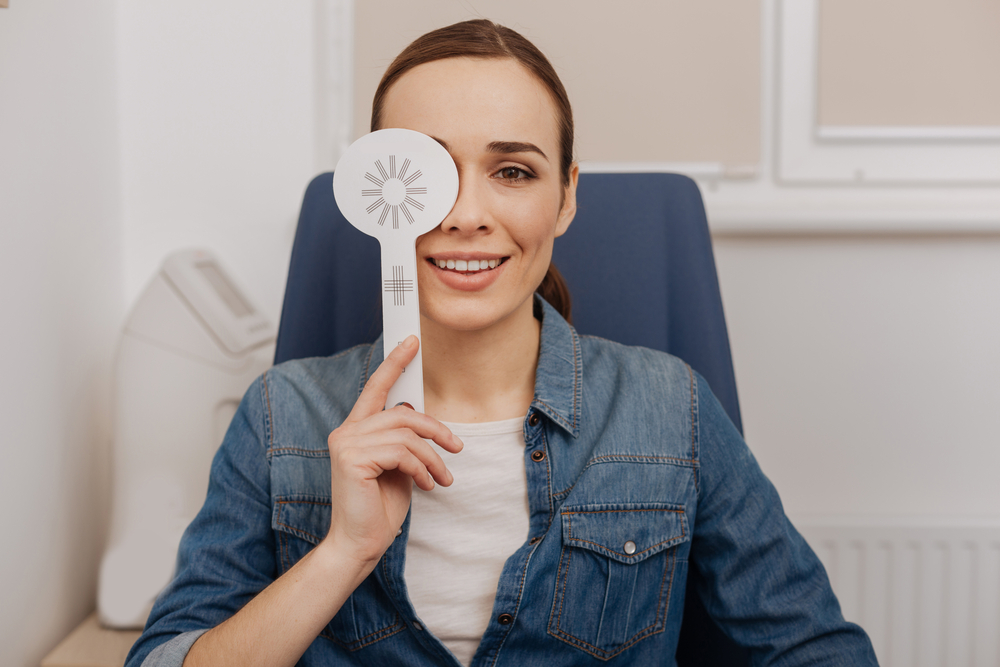
Vision is a critical sense that significantly influences our quality of life. But what happens when our vision isn't perfect? Vision therapy is a non-surgical approach that enhances the brain's ability to control eye movements, focusing abilities, and visual processing. Understanding the concept of vision therapy is vital for those struggling with visual challenges. Vision therapy can be beneficial for both children and adults, addressing a range of visual and perceptual problems.
The Role of Vision Therapy in Eye Care
Vision therapy plays a crucial role in eye care. It's a viable treatment option for many common eye conditions. For instance, vision therapy can help manage myopia by improving focusing abilities. It can also treat strabismus and amblyopia by training the eyes to work together and improve visual acuity.
Vision therapy is instrumental in treating eye movement disorders, such as convergence insufficiency. Through a series of tailored exercises, vision therapy can help the eyes align properly to focus on near tasks, alleviating symptoms like double vision and eye strain.
Beyond treating specific eye conditions, vision therapy also plays a role in preventing vision problems. Regular vision therapy can help maintain good eye health, improve visual efficiency, and prevent the development of severe eye conditions. It's a proactive approach to eye care that promotes overall visual wellness.
Unpacking the Benefits of Vision Therapy
The benefits of vision therapy extend beyond treating and preventing eye conditions. One of the most significant advantages is the improvement of visual skills, such as eye-tracking, focusing, and eye-hand coordination. These improvements can lead to better performance in school, work, and sports.
Another benefit of vision therapy is the enhancement of visual comfort. Many people suffer from eye strain, headaches, and other discomforts due to poor visual skills. Vision therapy can alleviate these symptoms, leading to more comfortable vision.
Vision therapy can also improve visual processing and perception. This means better comprehension and retention of visual information, which can be beneficial for learning and cognitive development.
How Vision Therapy Can Improve Everyday Life
The benefits of vision therapy can significantly improve everyday life. For students, improved visual skills can lead to better reading abilities, handwriting, and overall academic performance. For adults, it can enhance productivity at work, especially for jobs that require a lot of visual tasks.
Vision therapy can also improve performance in sports. Good visual skills are crucial in many sports, and vision therapy can help athletes develop these skills, leading to better coordination, reaction time, and overall performance.
Additionally, vision therapy can improve quality of life by reducing visual discomfort and fatigue. It can make everyday tasks like reading, driving, and using a computer more comfortable and enjoyable. Vision therapy has the potential to make a positive impact on everyday life.
The Future of Vision Therapy
The future of vision therapy looks promising. As more people become aware of its benefits, the demand for vision therapy is likely to increase. Advancements in technology and research will also continue to enhance the effectiveness of vision therapy.
Vision therapy has already made significant strides in eye care, and it's only set to grow in the future. It offers a viable and effective solution for many common eye conditions, and its benefits extend beyond eye health, impacting everyday life and overall wellness.
Visit San Marcos Vision Center in our San Marcos, Texas office. Call (512) 890-0660 to schedule an appointment today.







